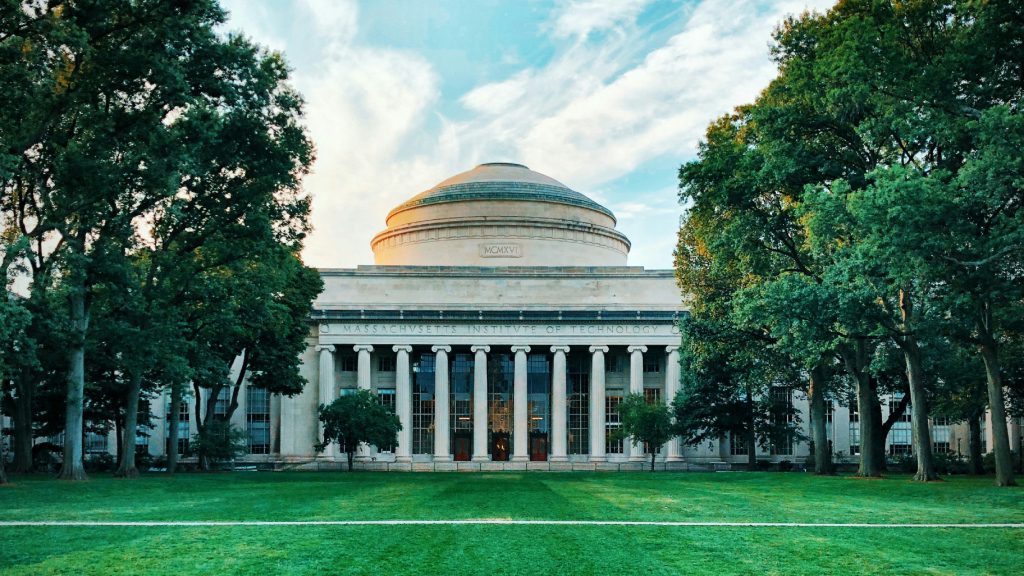The Massachusetts Institute of Technology (MIT) has stated that it will no longer insist on diversity, equity and inclusion (DEI) statements from potential faculty hires, making it the initial prestigious university to do away with this contentious requirement.
Key points:
- President Sally Kornbluth, along with university officials, decided to drop the requirement due to concerns about freedom of expression and the ineffectiveness of compelled statements.
- DEI statements have become common in the application processes of elite schools, sparking debate and criticism for potentially stifling academic freedom and serving as “political litmus tests.”
The details:
- “My goals are to tap into the full scope of human talent, to bring the very best to MIT, and to make sure they thrive once here,” Kornbluth said in a statement. “We can build an inclusive environment in many ways, but compelled statements impinge on freedom of expression, and they don’t work.”
- Advocates have long argued that such requirements pressure applicants to conform to institutional ideologies on DEI, potentially hindering opportunities for those who dissent.
- Following the announcement, Princeton professor Robert George praised MIT on X, writing, “The use of DEI statements in academic hiring and promotion is the thinly veiled imposition of ideological loyalty oaths. I hope other universities will swiftly follow MIT’s good example by abolishing the use of such statements.”
- While MIT is the first prestigious university to make the move, many leading scholars, including liberal Harvard professor Randall Kennedy, have also advocated for abolishing DEI statements.
- “It does not take much discernment to see, moreover, that the diversity statement regime leans heavily and tendentiously towards varieties of academic leftism and implicitly discourages candidates who harbor ideologically conservative dispositions,” Kennedy told The National Desk last month.



